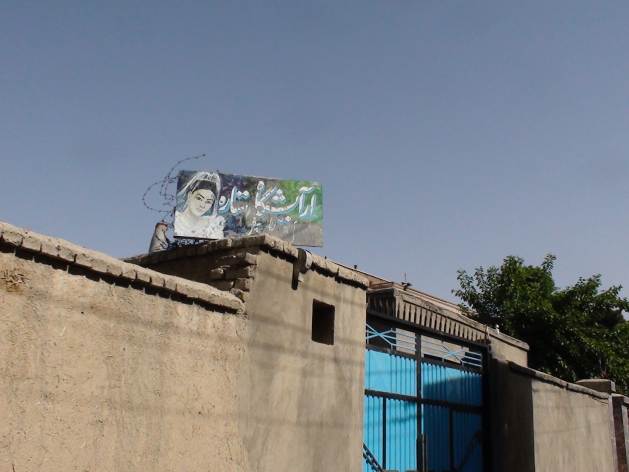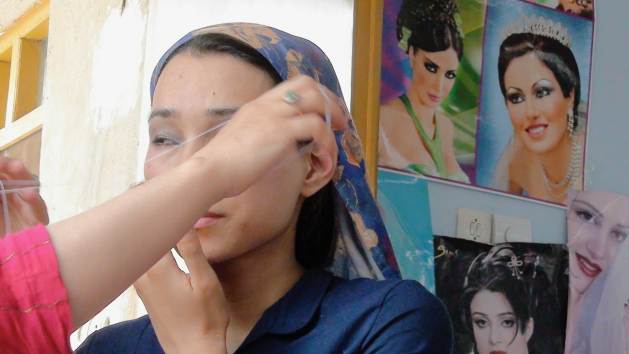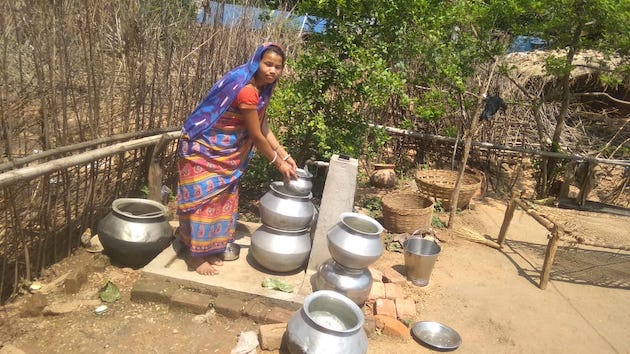Taliban’s Policies Plunge Afghan Women into Poverty and Despair — Global Issues
Aug 23 (IPS) – The author is an Afghanistan-based female journalist, trained with Finnish support before the Taliban take-over. Her identity is withheld for security reasons.In July of this year, the Taliban issued a decree that resulted in the closure of hair salons and beauty parlors across Afghanistan. This directive aligns with the extreme Islamist policies now governing Afghanistan, which aim to confine women strictly within their homes.
This action followed a prior decree in December of last year, which prohibited women from working in non-governmental organizations that provided humanitarian assistance particularly beneficial to women. Many of these organizations have subsequently closed down their operations in the country.
A total of 12,000 predominantly women-led businesses have been closed down in Kabul, the capital city, and 33 other provinces. The Women’s Hairdressers Union estimates that each hair salon employs on average three women.
“I was profoundly disheartened by this news,” expressed Shabnam (pseudonym), who added, “My friends were so sad that they started to cry. I tried to cheer them up, but I understand that nothing can be harder than losing your source of income and being the family’s only breadwinner.”
The closure of humanitarian organizations particularly affects women. These organizations note that female employees play a vital role due to their better understanding of women’s challenges, enabling tailored aid delivery to specific needs.
According to the United Nations Office for the Coordination of Humanitarian Affairs (OCHA), 25 million Afghan families live below the poverty line, earning less than two US dollars daily.
Before the Taliban’s return to power two years ago, numerous women held significant positions within government, non-governmental roles, as well as in national and international institutions in Afghanistan.
However, the Taliban, following a particularly stringent interpretation of Islam, intends to dismantle such progress, and it is women who bear the brunt of this policy.

Access to higher education has been denied to women, and they are prohibited from working outside the home – leading to economic sanctions imposed by the international community.
Several decades of warfare have devastated the Afghan economy, resulting in many households being headed by women as the sole breadwinners.
Mina (pseudonym), who reluctantly closed her salon, lamented: “Losing my job was very heavy for me because I am the guardian of four children who are under 18 years old, and all their expenses and responsibilities are on me.”
This story was produced by Learning Together, a voluntary network of Finnish female journalists. The author is an Afghanistan-based female journalist, trained with Finnish support before the Taliban take-over. Her identity is withheld for security reasons.
© Inter Press Service (2023) — All Rights ReservedOriginal source: Inter Press Service
Check out our Latest News and Follow us at Facebook
Original Source







